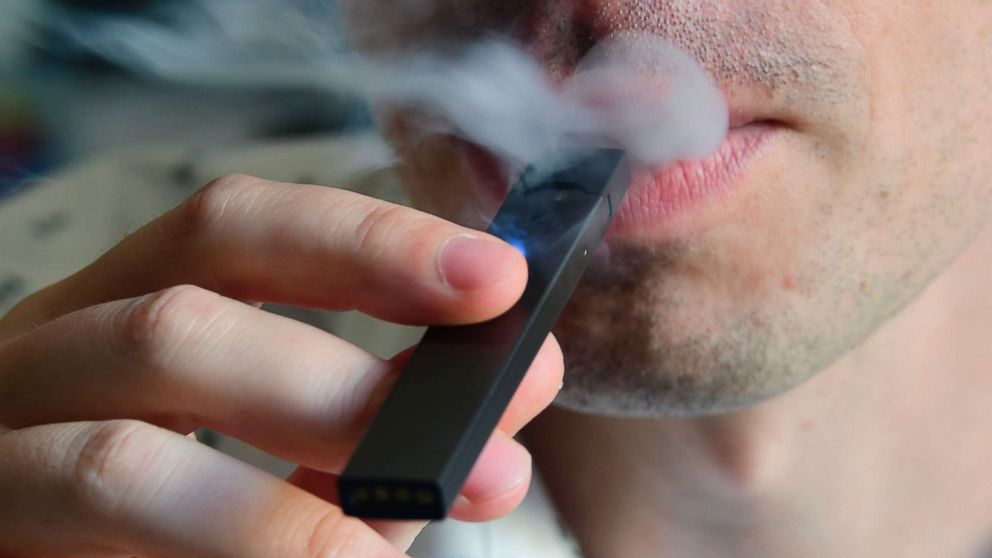Does Vape Have Calories? The Surprising Truth About Vaping and Calories
If you’ve ever wondered whether vaping could secretly add to your daily calorie intake, you’re not alone. With the rise of flavored e-liquids and growing curiosity about vaping’s health impacts, questions like “Does vape have calories?” are popping up online. In this blog, we’ll break down the science behind vaping and calories to give you a clear answer.
Understanding Vape Ingredients
To determine if vaping contributes to calorie consumption, let’s first examine what’s inside e-liquids:
-
Propylene Glycol (PG) and Vegetable Glycerin (VG): These odorless liquids act as carriers for nicotine and flavorings.
-
Nicotine (optional): The addictive stimulant found in tobacco.
-
Food-Grade Flavorings: Natural or artificial compounds that create flavors like strawberry, mint, or vanilla.
-
Water and/or Alcohol: Used to adjust consistency.
Notably, none of these core ingredients are sources of carbohydrates, fats, or proteins—the three macronutrients that provide calories.
Do E-Liquids Contain Calories?
The short answer? Technically, yes—but the amount is negligible.
PG and VG are sugar-free, but they are organic compounds. When metabolized, PG provides roughly 4 calories per gram, and VG offers about 4.3 calories per gram. However, the average puff of vapor contains less than 1 gram of these substances. Even heavy vapers would inhale only a few grams daily, translating to fewer than 20 calories—a trivial amount compared to dietary intake.
That said, most experts agree these calories aren’t absorbed by the body. Vaping delivers PG/VG to the lungs, not the digestive system, meaning they’re exhaled or metabolized differently than food.
Exceptions: Sweetened Vape Juices
Some e-liquids contain added sweeteners like sucralose or ethyl maltol to enhance flavors. While these additives are calorie-free in tiny amounts, excessive use could theoretically contribute minimal calories. Still, the dose per puff remains far too low to impact your diet.
Why Do People Ask About Vaping and Calories?
This question often stems from broader concerns, such as:
-
Weight Management: Could vaping affect metabolism or appetite?
-
Quitting Smoking: Smokers switching to vaping sometimes worry about weight gain (common when quitting cigarettes).
-
Misinformation: Myths linking sweet flavors to sugar intake.
Research shows no direct link between vaping and weight changes, though nicotine’s appetite-suppressing effects might play a minor role for some users.
Final Verdict
Vaping does not meaningfully contribute to calorie consumption. While trace amounts of PG/VG technically contain calories, they’re not absorbed in a way that affects your diet or weight. If you’re vaping to avoid sugary snacks or curb cravings, rest assured—it’s not a hidden calorie source.
However, this doesn’t mean vaping is “healthy.” The long-term effects of vaping are still under study, and nicotine remains addictive. Always prioritize FDA-approved cessation methods if quitting smoking.
Key Takeaways
-
Vape juice ingredients (PG/VG) have negligible calories.
-
Calories from vaping aren’t absorbed like food.
-
Sweetened e-liquids add minimal to no calories.
Have more questions about vaping? Explore our blog for evidence-based insights!




